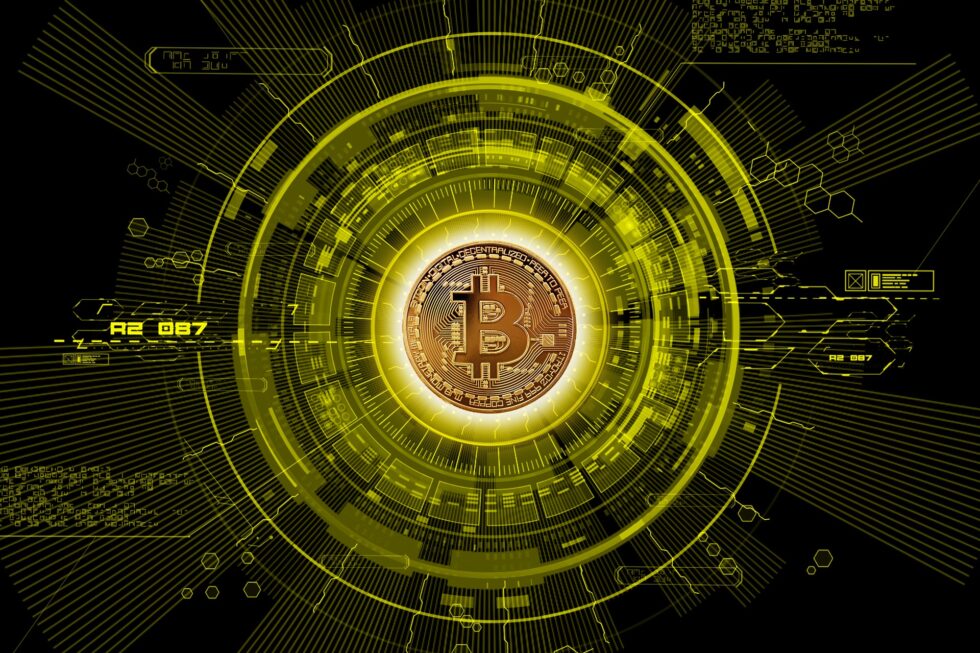
If the answer is yes, then that’s a game changer for #cryptocurrencies!
So how do you access a bitcoin wallet. Accessing a Bitcoin wallet requires issuing a transaction to move Bitcoin from the address at which it resides to a new address; to perform such a transaction, you need knowledge of the private key associated with the Bitcoin address. Looking at how the FBI retrieved the Bitcoin from the Colonial Pipeline Hackers, Joseph Steinberg makes the following comment …
“It is no secret that cryptocurrencies enable various types of criminal activity and facilitate money laundering and the unreported transfers of large sums of money; as a result, I have wondered for years if lawmakers and law enforcement seemingly “turning a blind eye” to much of the issue has not been the result of naiveite, but because governments have “back doors” into popular crypto networks; are various government bodies able to better trace transactions than is commonly believed, to exploit zero-day implementation vulnerabilities in the crypto networks themselves or in the communications infrastructure upon which the networks rely, or to crack private keys far faster than outsiders believe through the use of quantum computers more advanced than are publicly known to exist? Could Satoshi Nakomoto even be some government agency somewhere? Whoever knows the answers to these questions will clearly not answer them to the public. (Of course, if the FBI has such capabilities, it would likely use them sparingly and ascribe any successes to other techniques – just as the Allies did not act on every piece of data obtained by hacking Enigma so as not to alert the Nazis to Enigma’s compromise.)”
Also, it’s not a secret that quantum computers will eventually be able to rapidly crack the asymmetric encryption that forms the heart of modern-day digital signatures, nor is it a secret that many blockchain implementations – including those utilized by several popular cryptocurrencies – rely on potentially quantum-vulnerable asymmetric encryption algorithms to establish and authenticate the “owners” of their respective per-ledge-address contents.
Cryptocurrencies like Bitcoin and others are developed on blockchain technologies. Though advanced and sophisticated, the arrival of quantum computers are posing a serious threat to the security of blockchains. The only solution is to transition to quantum-safe blockchains utilizing post-quantum cryptography.
What is a quantum-safe blockchain? Well let’s run through the basics first. A blockchain is a database that is shared among the nodes of a computer network and stores data electronically. The jewel crown of this innovative blockchain technology is that it ensures the fidelity and security of a record of data which does not require a trusted third party.
Now that we know what blockchain truly means and how secure it is, we must also know that blockchain end points are vulnerable to quantum hacking. CISOs today and even blockchain experts are well aware of the fast-approaching quantum threats. The official Bitcoin website states that Bitcoin is vulnerable to quantum hacking just as most systems relying on cryptography in general are, including traditional banking systems. Some of the most recent hacks include $300M and $650M losses in cryptocurrencies that resulted from digital signature failures.
Besides cryptocurrency trading, the blockchain is a revolutionary technology that has many use cases. The blockchain is changing the face of businesses and governments today. It can be used for asset traceability, supply chain, trade payments, global payments, banking systems, voting and even digital identity. Using this very technology, new business models are evolving and disrupting the existing ones.
Just like all things on the internet, the blockchain requires security against quantum hacking. This is where IronCAP’s™ unique technology comes to use. We are developing the world’s first Quantum-Safe Blockchain designed for Tokens, NFTs, Smart Contracts for Metaverse, De-centralized Finance (DeFi) and more. This best-in-class quantum-safe blockchain can protect against cyber adversaries, including future quantum attacks. A revolutionary, state-of-the-art, quantum-safe blockchain has endless applications and use cases for every business.
You need to act now!
We at IronCAP™ have been trying to educate businesses and individuals that Q-day (the day the first quantum hack is publicly recognized) is around the corner and everybody needs to gear up. Nation states and governments are already at it, how about you? To learn more, visit www.ironcap.ca.
IronCAP™ is our latest innovation for the post-quantum cybersecurity. This patent-protected, post-quantum cryptographic system is based on the Goppa Code-based cryptographic technology. It has embedded our proprietary subclass of (L, G) making it not only more secured but also has faster cryptographic operations (key generation, encryption, decryption) than the traditional Goppa Code-based technology (McEliece). We are offering a live demonstration for the general public to try and experience the strength of IronCAP™ post-quantum encryption easily. To learn more, visit www.ironcap.ca.